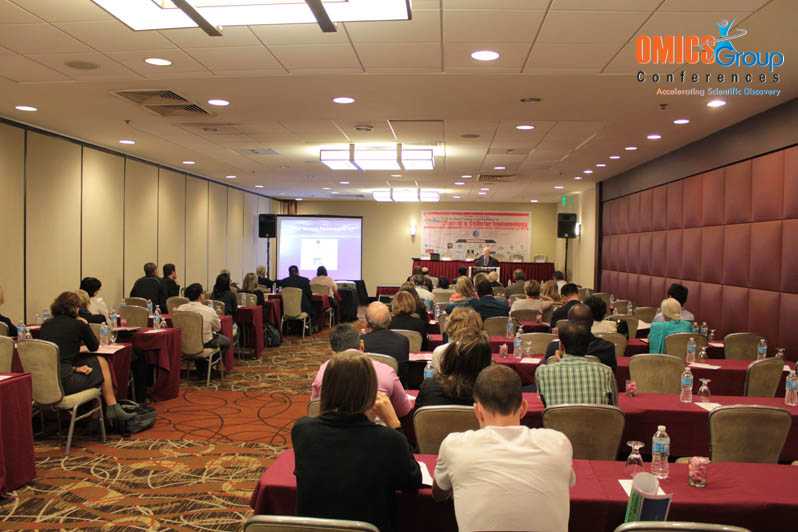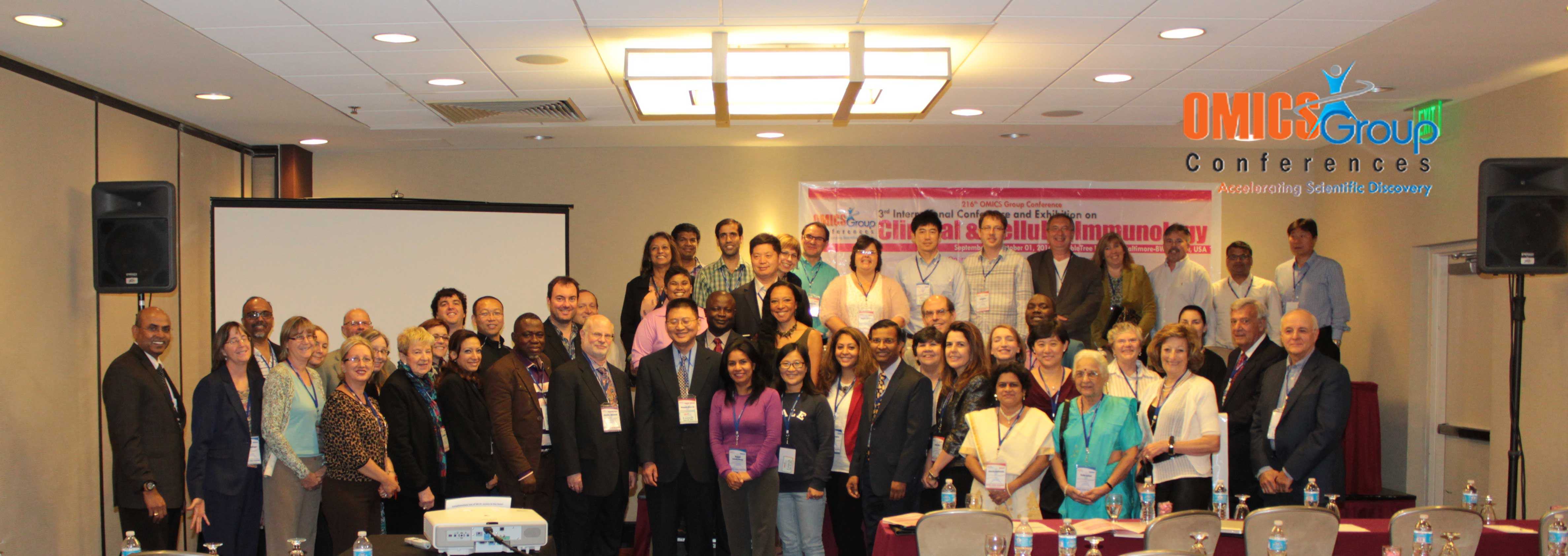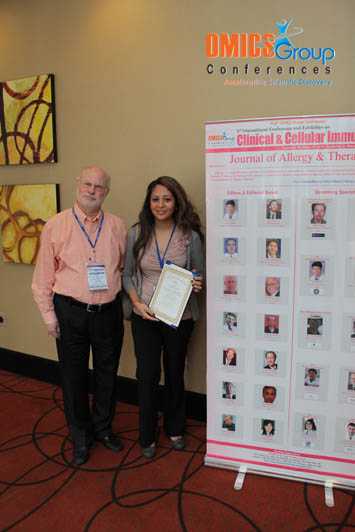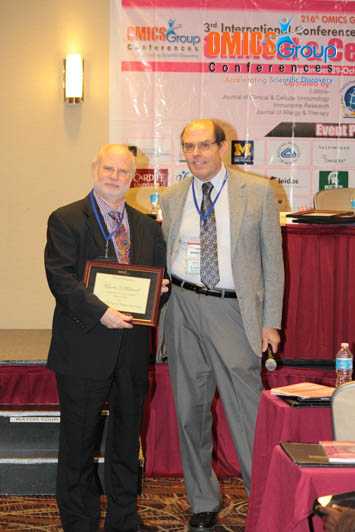Rahul Purwar
Indian Institute of Technology Bombay, India
Title: Engineered T cells: Next-generation cancer immunotherapy
Biography
Rahul Purwar has completed his PhD from Hannover Medical School, Hannover, Germany and postdoctoral studies from Harvard Medical School, Boston, USA. He has worked for an Oncology company, ImmunoGen Inc. Waltham, USA before returning to India to join IIT-Bombay as an Assistant Professor. He has published several papers in reputed journals and has received many awards.
Abstract
Cancer immunotherapy is an emerging and a transformative approach for the treatment of cancer patients. Although localized tumors especially breast cancer and skin cancer (melanoma) can be cured by surgical treatment, once cancer metastasizes, survival is limited. Immunotherapy is one of the best treatment options for patients with metastatic cancer, however benefits of available immunotherapy are limited because of following: 1) only a minor subgroup of patients show objective response to particular immunotherapy. 2) Current immunotherapy focuses on life-extension by only few months. Therefore, there is an urgent need of exploring novel strategies for the development of robust cancer therapy. Cancer of each patient is unique and personalized approach would be an ideal for successful cancer treatment: engineering immune-system that target antigen specific to each patient. Adoptive T cell therapy with engineered autologous T cells is unique and personalized for each patient and has potential for the eradication of cancer. Treatments with engineered CAR-T cells have generated some remarkable responses in patients with advanced cancer (acute lymphocytic leukemia patients and chronic lymphocytic leukemia (CLL) patients). Recently, we demonstrated that adoptive transfer of tumor-specific Th9 cells strongly inhibited melanoma tumor growth, and increased the duration of survival. Th9 cells inhibited melanoma growth in both normal and lymphopenic hosts, through both IL-9 dependent and independent pathways. More importantly, Th9 cells were superior in controlling tumor growth compared to other T cells. In conclusion, adoptive T cell therapy of cancer using engineered T cells comes of age and may provide effective cancer cure.
Speaker Presentations
Speaker PDFs






